The esports industry has developed rapidly in recent years and is estimated to continue to grow in the future. One of the reasons why esports is expected to become a big industry — with a value of nearly US$ 1 billion — is that competitive gaming is believed to be the new form of entertainment in the future. Just like all forms of entertainment, fans also have a crucial role in the world of esports.
For esports organizations, winning tournaments is no longer their only objective. They must also be able to cultivate the loyalty and enthusiasm of their fans. Therefore, it is not a surprise when teams like EVOS Esports and FaZe Clan have exclusive entertainment divisions.
What Makes Someone a Fan of an Esports Organization?
Esports is now often juxtaposed with traditional sports, such as football. However, the reason someone chooses their favorite team is different in the world of esports and football. In football, fans will usually decide to support their local team.
When I lived in Jakarta, I often saw The Jakmania parade to Gelora Bung Karno when Persija was competing. When I was living in Yogyakarta, I often saw Slemania. Indeed, PSS Sleman is not considered a top team in the Indonesian League. However, that notion does not stop the people of Sleman from supporting their team.
The esports ecosystem is different from the world of traditional sports, such as football. In esports, almost all professional teams are based and established in Jakarta. Despite this, a large portion of RRQ or EVOS Esports’ fans still come from many regions outside of Jakarta.
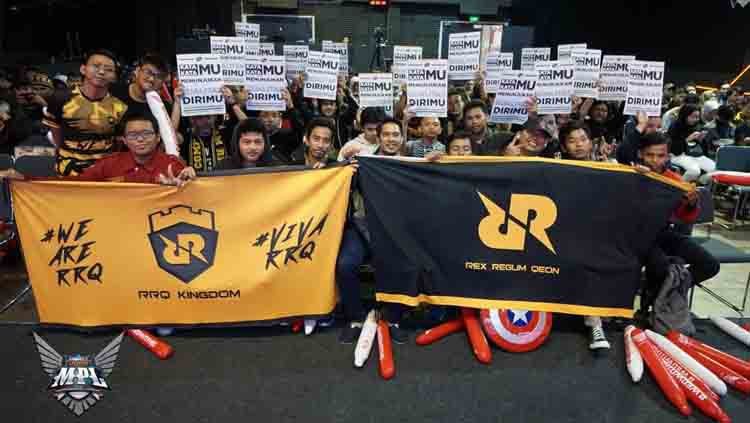
Interestingly, according to the research on football fans conducted by John Williams, Associate Professor of Sociology at the University of Leicester, it is actually not a guarantee that today’s football fans support their local teams. With the existence of television and the internet, people today can effortlessly observe and find out about any football teams around the world. Williams said people today most likely will support football teams that are considered strong.
In esports, a team’s performance is definitely a factor that is taken into account before someone decides to support that team. The team that often wins in tournaments will usually have a larger following of fans. Apart from strength and performance, another aspect that encourages someone to become a fan of an esports team is the identity or image displayed by that team.
Alex Aune, a Cloud9 fan and moderator of the Cloud9 subreddit, said that he liked the organization because of its humble attitude. He also admires how Jack Etienne, owner of Cloud 9, treats esports athletes under his auspices.
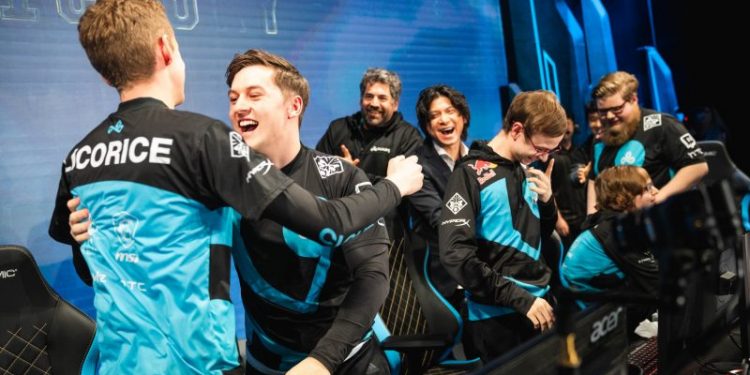
According to OpTic Gaming owner Hector “H3CZ” Rodriguez, the most effective way to attract fans is to create some intimacy between them and the organization. For that reason, he uploads daily videos that introduce his life and family to his viewers. According to Rodriguez, the videos provide an element of familiarity so that the viewers will, ultimately, be willing to support him and his team.
In addition, Rodriguez mentioned that esports organizations could also get fans by recruiting well-known figures to create content such as interviews or live streams. After a successful team builds a fanbase, they can then focus on strengthening their roster.
In Williams’ research, he also found that a person tends to support a team simply because their idol is in that team. For example, a person can be loyal to FC Barcelona because he likes Lionel Messi. In the world of esports, someone can become a fan of RRQ because they admire Muhammad “Lemon” Ikhsan. Moreover, in esports, a fan can easily communicate with their idol through social media.
Unfortunately, the ease of communication offered by social media and the internet can also act as a double-edged sword. On the one hand, professional esports teams can build a fanbase and communicate with them more easily. On the other hand, fans can also use social media to attack or send hate to teams losing teams.
The Characteristics of Esports Fans in Indonesia
In Indonesia, RRQ is one of the esports organizations that prioritize tournament wins or victories. As the name implies, RRQ wants to be the “king” of the Indonesian esports scene. This strategy has succeeded in attracting a lot of RRQ fans. Even the CEO of RRQ, Andraline Pauline, or AP, said that RRQ fans in Indonesia are quite loyal. However, there is a price that RRQ must pay in using this approach: they must be able to meet the high expectations of their fans.
“The greatest risk that a large team with a large fanbase has is the high amount of pressure set on their shoulders,” said AP. “If we do not perform well, the fans will never hesitate to criticize us. But, of course, all fans will always want their favorite team to win.”
The CEO of BOOM Esports, Gary Ongko, expressed a similar notion: esports fans in Indonesia are very loyal. “Mobile Legends fans are usually die-hard RRQ fans, similar to Dota 2 fans and BOOM Esports,” he said to Hybrid.co.id. “The same trend also occurs between Free Fire fans and Aura. The team will always have a large following of fans regardless if they win or lose in tournaments.
Furthermore, Gary revealed, “There are also fans who are loyal to players, like traditional sports. An example of such players is InYourDream. Another example is Khezcute; his fans will always support the organization he is playing in. If Khezcute decides to move to EVOS tomorrow, his fans will undoubtedly start supporting the EVOS organization.”
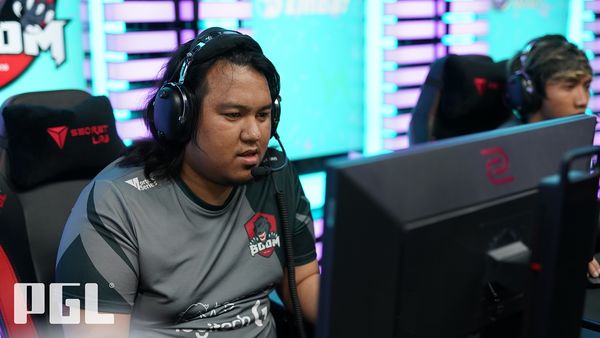
However, Gary did not deny that there are also bandwagons in the esports ecosystem. These are individuals who only support a team when it is winning tournaments or is performing tremendously well. “Just like in traditional sports, when you win, people will support your team, or at least pretend to,” Gary said jokingly.
Despite their loyalty, Indonesian esports fans are quite demanding, according to Gary. When a team loses, it is not uncommon for fans to be critical of the team and feel like ‘they knew better’. However, Gary feels that this is not something too bizarre, considering the same phenomenon happens in the world of traditional sports. “When the team loses, their fans frequently pretend to be the team manager. However, they have to understand and realize that everyone in the organization always gives their best. These tournaments are consistently filled with competent and skillful teams. The difference between winning and losing is always incredibly slim,” he mentioned.
Furthermore, if a team chokes or loses in an expected win situation, their fans might also attack, send hate and flame them. Gary said that BOOM gets these threats quite often, especially when they are underperforming.
Gary explained that the players were asked to filter the messages and threats coming from these netizens. “It is very normal to have haters if you are successful. If you don’t have any haters, you are simply not yet successful.”
He added that the BOOM organization also reminds the players that they are very proud of their achievements. “We, the management, your family, and your friends, are 100% proud of you. You don’t have to listen to the haters out there.” Lastly, he revealed, the players would always be reminded that “Netizens are just netizens.”
Gary admitted that he didn’t really care about these sorts of threats. Unfortunately, threats and hate are commonplace in both sports and esports.
Case Example: T1
T1, an esports organization from South Korea, recently received some harassment from their fans. The reason behind this harassment is their failure to enter the League of Legends World Championship. Many fans see this failure to reach Worlds 2020 as a choke because they recently won the League of Legends Champions Korea (LCK) Spring 2020 tournament. They also have one of the best League of Legends players of all time, Lee “Faker” Sang-hyeok. T1 has also accumulated the most wins at Worlds, three to be exact. It is safe to say that T1 is not a team you expect to be absent from Worlds.

However, a good marksman may still miss; nobody is truly perfect. T1 lost to Afreeca Freecs in the LCK Summer Playoff in early September 2020, which means that they have to win the Regional Qualifiers to get a slot in Worlds 2020. Unfortunately, they fell short in their battle against Gen.G. As a result, T1 failed to participate in Worlds 2020.
According to Dexerto’s report, many of the fans’ protests started in August 2020 because T1 benched Faker. Unfortunately, T1’s defeat at the Regional Qualifiers further enrages the fans. Some of them vented their anger and disappointment by sending threats to the T1 staff and players. As an attempt to contain this problem, the organization decides to discuss this issue on Twitter.
“T1 does not tolerate harassment of any form between players, coaches, employees, League officials or fans. We value our community’s fandom and acknowledge that criticism comes with the territory of professional gaming,” T1 CEO Joe Marsh wrote on Twitter. “However, recent incidents have threatened our team’s health and safety – overstepping the lines of fandom with violent threats and hate speech”
Furthermore, Marsh revealed that they are willing to take legal action if the fans continue to attack the T1 team and staff, “The health and safety of our players remain our top priority,” said Marsh. “There’s no place for hate in esports.”
How Can Fans Become So Loyal To Their Favorite Team?
Whether we realize it or not, the definition of our identity is usually tied to several external factors, such as nationality, ethnicity and gender. Interestingly, according to various studies, the status of being a fan of a particular team can be part of a person’s identity. Daniel Wann, Professor of Psychology, Murray State University explained, fans of a sports team usually feel that they have some psychological attachment to their favorite team. Not only that, they sometimes believe that a team’s performance is self-relevant.
“People are tying up a lot of who they are in their identity as fans of X-team,” says Edward Hirt, Associate Professor of Psychological and Brain Sciences, Indiana University-Bloomington, quoted from Psychological Science. “A huge part of who they are, where they derive a lot of their positive and negative affect, is from what their team is doing.” Therefore, it is not a surprise that people have a tendency to support stronger teams.
However, all teams will eventually lose, no matter how strong they may seem. This fact applies in both the world of esports and traditional spots. I have frequently seen many championship teams lose in the finals or semifinals. But the real question that needs to be answered is how the fans can stay loyal even if their favorite team loses?
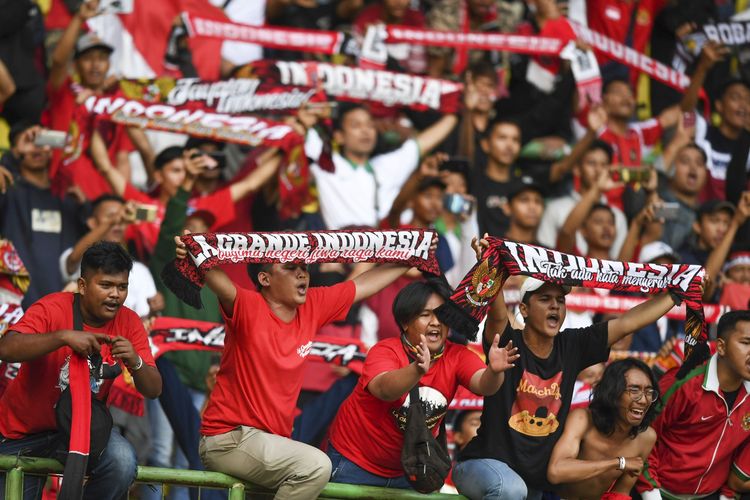
Based on the research Wann conducted, a person wants to be a fan because they want to get affiliated with their favorite team. When someone supports a local sports team, they can meet and socialize with other like-minded fans, which will benefit psychological health.
Wann also conducted various studies to determine the correlation between a person’s pride as a fan and their mental health. He found that people are less likely to feel lonely if they take pride as fans of their favorite team.
Moreover, the pride that someone takes in being a fan also affects their self-confidence. According to the study published in the Journal of Personality and Social Psychology in the early 1990s, a person can see the success of his favorite team as personal success, if their identity is closely tied to his status as a fan.
Meanwhile, Robert J. Fisher, Professor of Marketing at the University of Western Ontario, explained that personal identity is correlated with our self-perception. Given that the status as a fan also affects one’s identity, pride as a fan will also affect how someone views themselves. Moreover, supporting a sports team can also be a way for someone to showcase their identity.
“We’re always trying to find people or organizations that can reflect our identity or personality,” Fisher said. “We want people to see us as someone capable of making smart decisions and be proud of them.”
Therefore, it is not surprising to see football fans boasting about their team’s achievements. They do this to boost their confidence and pride towards the team. However, what happens if their favorite team loses?
Interestingly, sports team fans also have their own methods of remaining loyal and coping with defeats if their team is underperforming. For one, fans like to blame external or uncontrollable factors such as referees. Fans will also boast past achievements of their favorite team and neglect the current losses. However, some fans might also turn their backs against their favorite team and support the winning teams.
Conclusion
There is a saying that goes: there is a thin line between love and hate. Indeed, scientifically speaking, both love and hate emotions trigger the same part of the human brain, namely the insula and putamen. Consequently, love can effortlessly turn into hate and vice versa.
The love of a fan is undoubtedly different from romantic love. However, it cannot be denied that a fan’s passion for their favorite team is a very intense emotion. Therefore, just as romantic love can turn into hatred, so can fans’ love for their team.
Source: theScore esports, Psychological Science. Feat image: Riot Games. This article is translated by Ananto Joyoadikusumo.

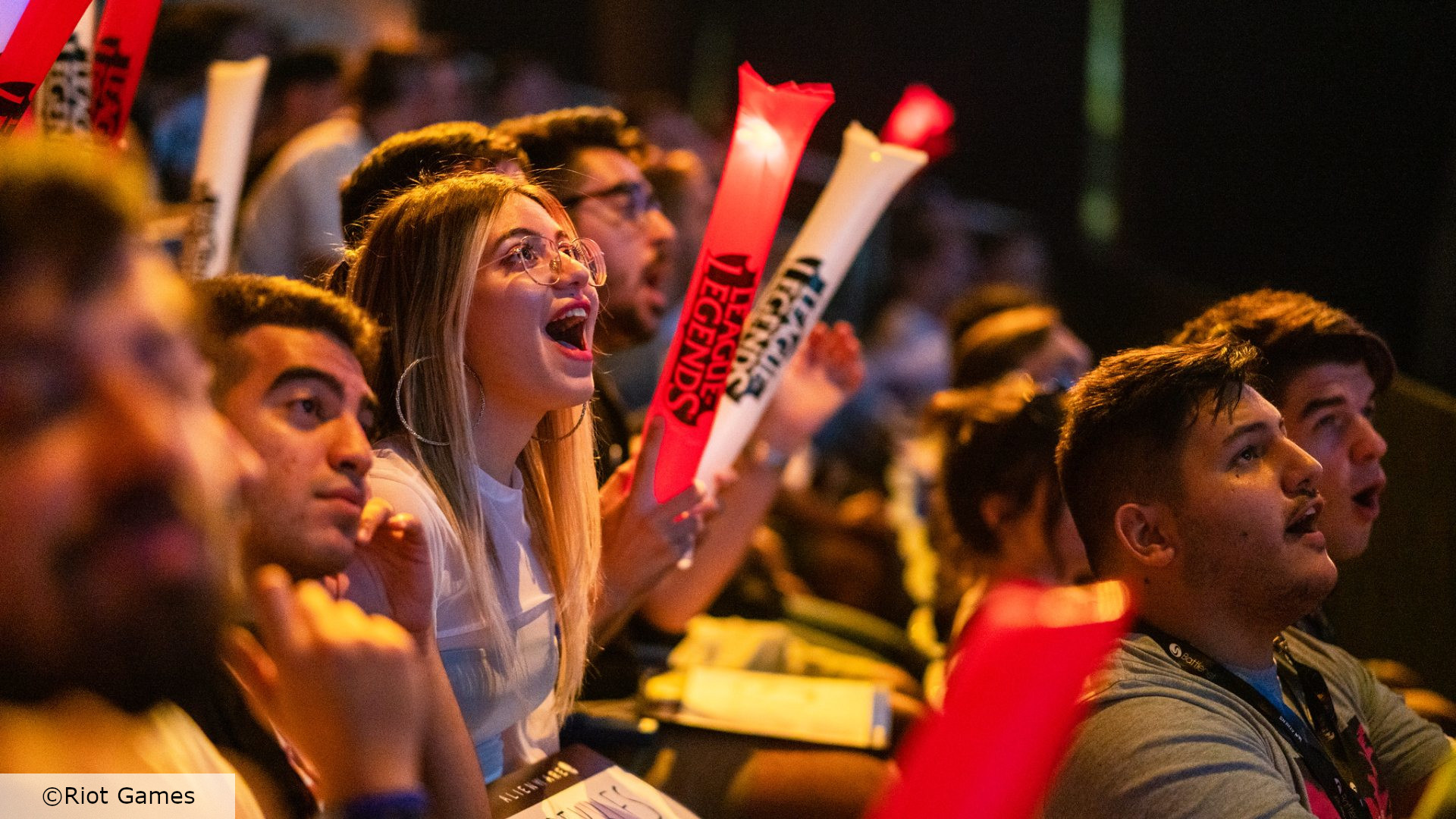
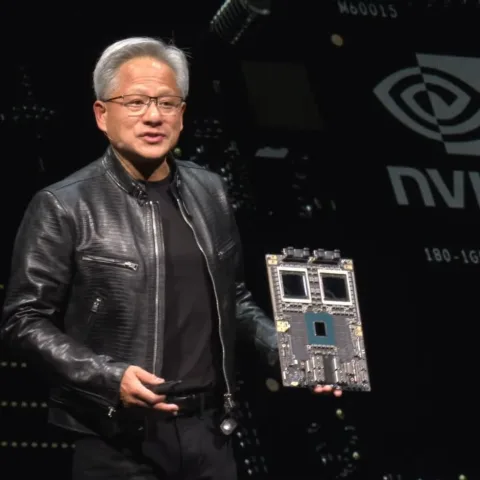



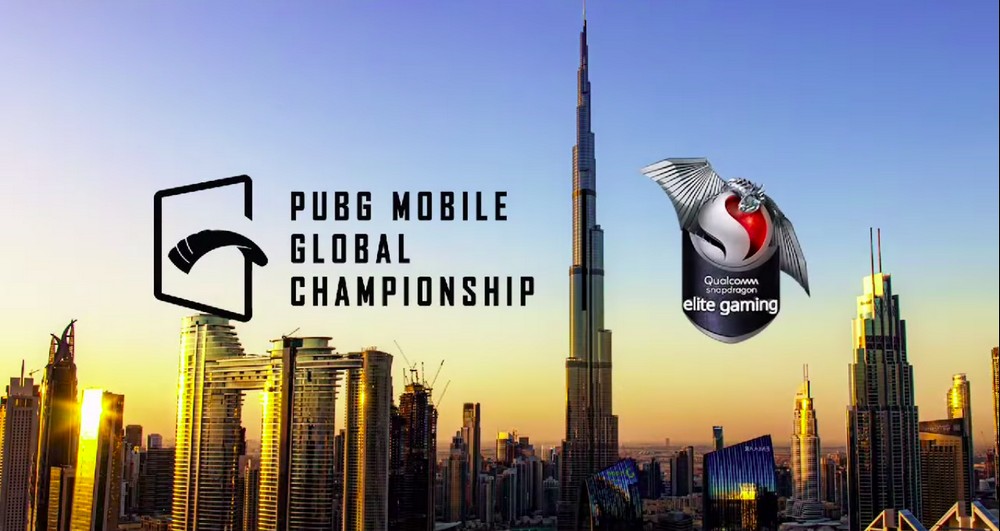



![[TrendForce] Lonjakan Harga Memori akan Menekan Industri Smartphone 2026](https://hybrid.co.id/wp-content/uploads/2026/02/TrendForce-Lonjakan-Harga-Memori-akan-Menekan-Industri-Smartphone-2026-480x480.webp)


